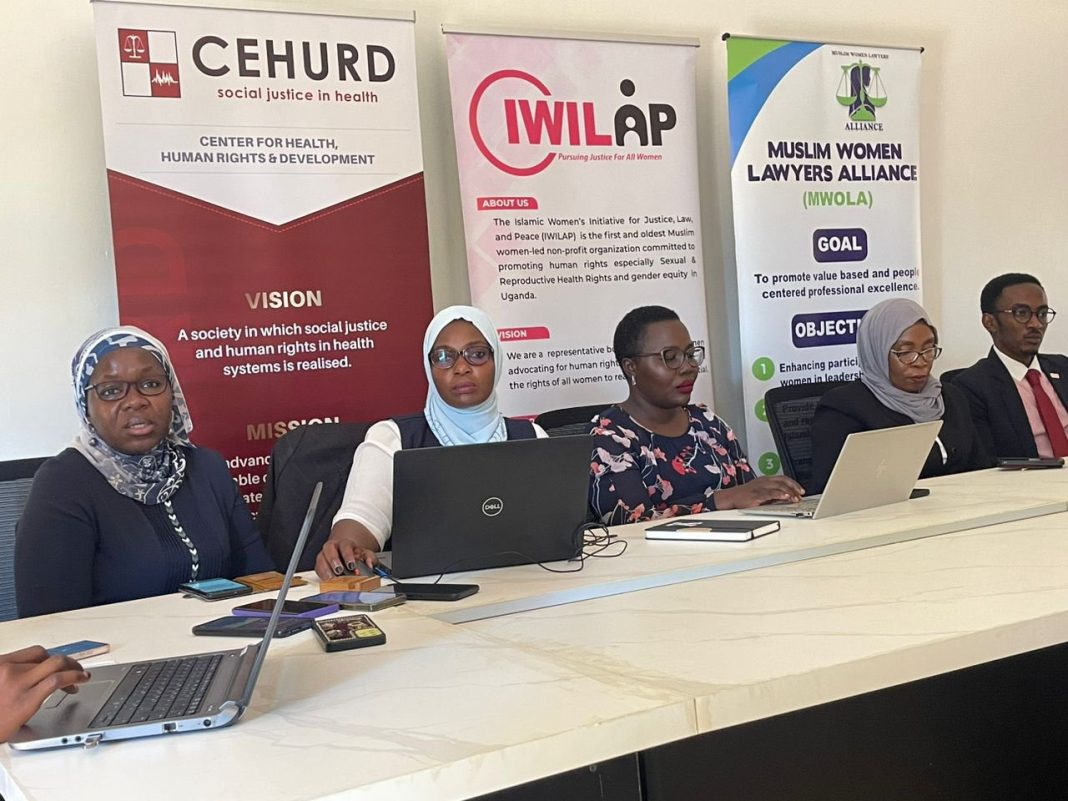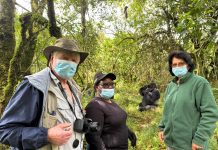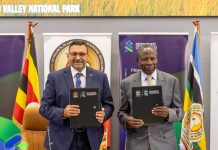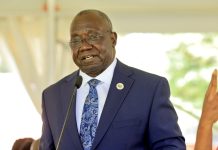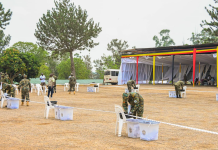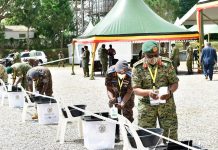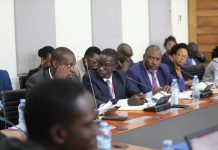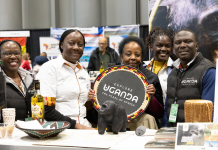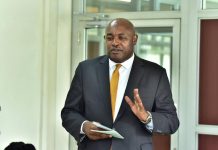By David Mwanje
BUDAKA— In the vibrant heart of Budaka district, a seismic shift took root as the Islamic Women’s Initiative for Justice and Peace (IWILAP) launched its inaugural Muslim Women’s Conference on Gender-Based Violence and Access to Justice. Themed “Upholding Justice & Dignity: Muslim Women’s Voices Against Gender-Based Violence,” this electrifying event united Muslim and community leaders, women’s rights activists, and government officials in a bold stand against gender-based violence (GBV) within the Muslim community.
The atmosphere crackled with purpose as voices, once muted, roared to life. Dr. Ashah Mwanga Mastullah, IWILAP’s fearless Executive Director and a survivor turned advocate, lit the spark. “Islam is a sanctuary of peace, not a cage for abuse,” she proclaimed, her words a blazing call to action. “For too long, twisted readings of the Quran have hidden violence against women. Today, we tear down those walls and declare: Islam condemns abuse. Full stop.” Her voice, steeped in faith and defiance, rallied the crowd to reject silence and demand justice.
Dr. Mastullah, a High Court advocate and human rights scholar, pinpointed the deadly mix of complicity from duty bearers and victims’ fear that fuels GBV. “Peace is a hollow word when Muslim women suffer in the shadows,” she said. “We urge religious leaders, communities, and the government to forge ironclad protections for survivors.”
The conference was no mere talk shop it was a crucible for change. Sheikh Zubairi Kalibala, Budaka’s district Qadhi, amplified the call, condemning the rampant GBV plaguing families. “The Quran mandates men to nurture their households with peace, not fists,” he said, his voice a blend of authority and empathy. He challenged men dodging duties like paying school fees and urged unity in building educated, compassionate communities. “No woman should suffer in silence,” he insisted.
From fiery panels to raw survivor stories, the event wove a tapestry of faith-driven solutions and policy reform. Attendees tackled toxic norms with authentic Islamic teachings, pushing for legal aid and laws that safeguard women without forcing them to choose between faith and safety. The conference was a megaphone for Muslim women’s voices, amplifying their right to dignity.
IWILAP’s vision burns bright beyond this landmark event. The organization vows to make the conference an annual wildfire of change, with next year’s gathering themed “HER VOICE, HER RIGHTS.” By uniting leaders, activists, and policymakers, IWILAP is forging a future where Muslim women stand tall, unshackled by fear.
In Budaka, this wasn’t just a conference it was a rebellion. As the day closed, the message reverberated Muslim women are no longer whispering. They’re shouting, organizing, and reshaping their world with courage and conviction.


